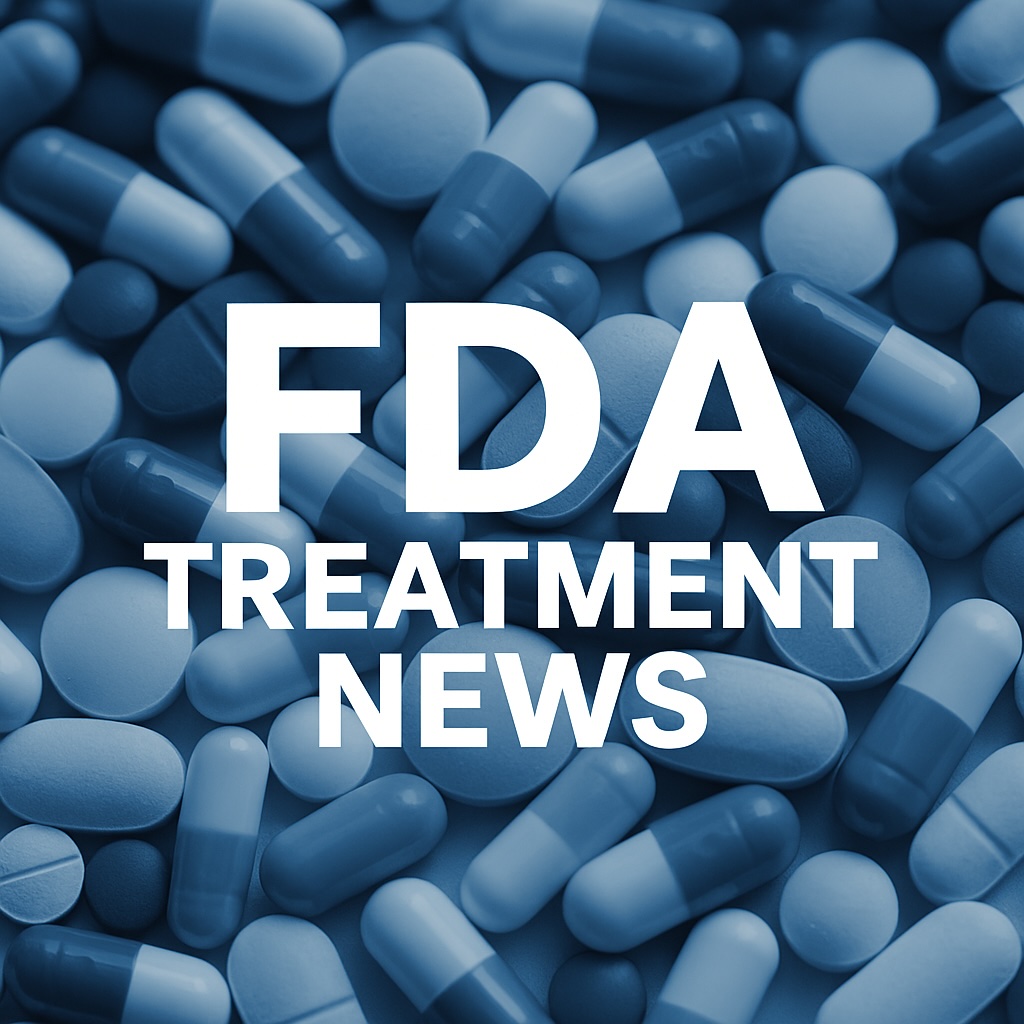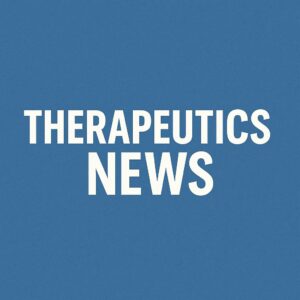[Regulatory Update] FDA Removes REMS Requirements for Approved CAR-T Therapies
In June 2025, the U.S. Food and Drug Administration (FDA) officially eliminated Risk Evaluation and Mitigation Strategies (REMS) requirements for autologous chimeric antigen receptor (CAR) T-cell therapies. This change applies to FDA-approved CAR-T products, based on accumulated real-world safety data.
What is REMS?
REMS (Risk Evaluation and Mitigation Strategies) is a safety program mandated by the FDA for high-risk therapies. It often includes educational materials, certification of facilities, and regular data submissions. Until now, CAR-T therapies were subject to REMS programs requiring provider training and site certification.
Why was it removed?
The FDA concluded that REMS no longer provides significant additional safety value for currently marketed autologous CAR-T products (e.g., Yescarta, Kymriah). The agency cited mature delivery infrastructure and consistent safety outcomes as reasons for ending the mandate.
Implications and Risks
- Safety education shifts from FDA-mandated programs to institutional responsibility
- New treatment sites may face more variability in training standards
- Impacts on future regulation of next-gen CAR-T (e.g., allogeneic, off-the-shelf) therapies
My Insight
This marks a regulatory milestone: CAR-T is now a mainstream therapy trusted enough to operate without REMS. Still, it places greater onus on hospitals and clinicians to ensure training and safety standards.
In the U.S., in particular, the available treatments differ from state to state, depending on the combination of insurance and other factors.





Comments